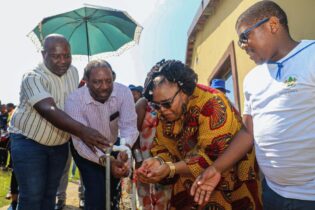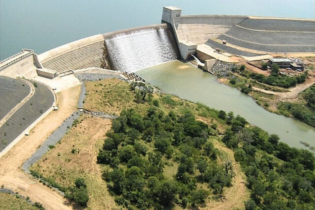The Portfolio committee on Water and Sanitation has welcomed the Department of Water and Sanitation’s decision to rethink the model of its War on Leaks programme.
The department’s decision comes after the programme’s effectiveness was questioned by parties including the Organisation Undoing Tax Abuse (Outa) and the Portfolio Committee itself. According to the committee the programme has to date cost the taxpayer more than R2.6 billion without tangible impact on non-revenue water that is being lost in the value chain. In July, Outa wrote to President Ramaphosa, the chair of Scopa and the chair of the Portfolio Committee on Water and Sanitation, calling for an investigation into this programme and its spending. Outa’s letter noted that the War on Leaks didn’t have a budget but has projected spending of about R3 billion. By June, this programme owed the Energy and Water SETA and Rand Water more than R550 million, risking leaving about 10 000 learners without stipends and qualifications.No concrete evidence of progress
In its report back the committee noted that despite the programme running for the past three years, there is no concrete evidence that the R7 billion worth of water loses have has been stymied.It added that it was concerned that some of the learners that were skilled through the War on Leaks Programme had not been absorbed by municipalities across the country.
“It is unfathomable that the department spends R2.6 billion to skill young South Africans, yet municipalities are not taking advantage of this investment. This is worrying, especially in the context of lack of skills at local government level,” said Mlungisi Johnson, the Chairperson of the committee.





